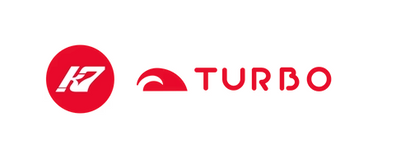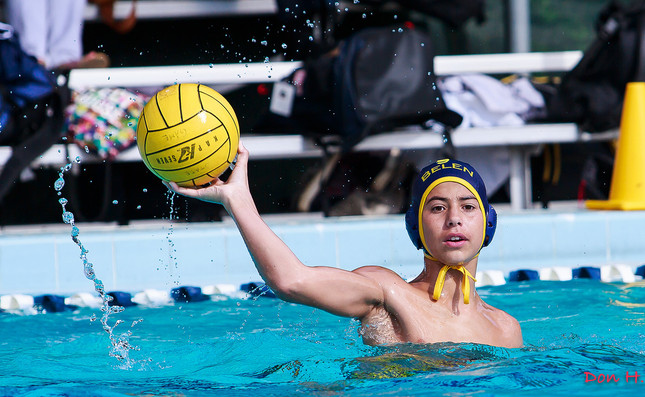Your Cart is Empty
Sports are a vehicle for life. Some would say sports are life but when you take a step back to really see what your young athlete is learning in the pool you might discover that they are learning skills that will propel them into success in every aspect of what they do. In fact, that should be the first separation parents make with their young water polo players. We see this all too often with professional athletes when they retire because their entire identity is tied up in their sport. Parents can help their young athletes understand that water polo is a sport they play and that is what they do, but it is not entirely who they are. Now, why would we say that when we live in a sports culture where it is believed that the best athletes in the world eat, sleep, and drink their sport every chance they get?
The Positive Coaching Alliance illustrates the importance of developing the character of athletes by instructing parents to help their athletes focus on learning opportunities and teachable moments through sport. The all important “car ride home” after a game is a time when parents need to allow their athletes to open the door for them to discuss what they experienced in the game rather than bringing up what they did right or wrong in the game. The coach most likely has addressed those sport specific situations in a way that is much more accurate for the system and fundamentals that the team has been working to master in practice. When your athlete does open the door to talk about the game it is much more beneficial to discuss the process of improvement throughout the game as a person first and an athlete second. This is social support rather than social pressure.
Employers look to hire people with an athletic background not only because of the school they may have shared as an alma matter but also because they understand that athletes are developing personal skills related to their performance and morality that help them expedite their own personal discovery. Athletes learn how to excel earlier in life than others partially because they are thrown into environments filled with adverse situations. A parent’s role as a supporter is to help athletes separate sport failure from personal failure, which is usually when disconnects occur between their child’s actions and personal values. Help your athlete identify their core values and then find ways to teach how their core values can be put into action.
Here are some keys for sports parents who want to develop athlete’s as people:
- Let your athlete talk about the game first in their own language
- Encourage your athlete to develop moral skills rather than just sport skills
- Guide through learning opportunities focused on process of improvement rather than outcome on the scoreboard
- Ask character focused open ended questions
- Listen with the intent of learning from your athlete
- Allow your athlete to make mistakes and be available if they open the door to be a supporter
- Encourage your athlete to develop hobbies and interests outside of the pool while maintaining priorities of family, school, and sport
About the author: Brian Alexander is an athlete mental skills coach who helps athletes learn to train mental aspects related to their sport by implementing sport psychology techniques. Contact Brian for mental skills coaching via email: alexander.brian3@gmail.com or at www.athletementalskillscoach.com. Also follow him on Twitter @BA_POS_MIND Facebook (Athlete Mental Skills Coach), and LinkedIn.



